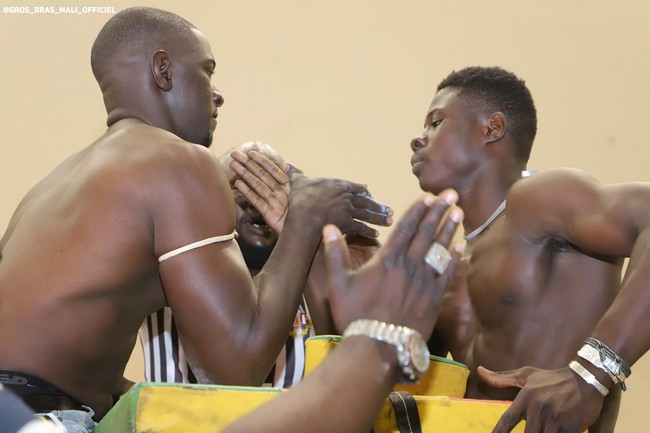Côte d’Ivoire: où sera jugée Simone Gbagbo?
 Simone Gbagbo, le 7 octobre 2009 à Anyama en Côte d'Ivoire
Simone Gbagbo, le 7 octobre 2009 à Anyama en Côte d'Ivoire© AFP[/caption]
Ce vendredi, la Côte d'Ivoire dépose aux juges de la Cour pénale internationale de nouveaux éléments pour tenter de les convaincre que l'ancienne première dame peut être jugée dans son pays. Simone Gbagbo est accusée de crimes contre l'humanité par la CPI, mais les autorités ivoiriennes ont jusqu'à présent toujours refusé de transférer l'épouse de Laurent Gbagbo aux Pays-Bas.
Il y a un peu plus d’un an, en septembre 2013, la justice ivoirienne avait annoncé son refus d’exécuter le mandat d'arrêt de la CPI contre Simone Gbagbo. Depuis, les juges internationaux demandent des gages de leur bonne foi aux Ivoiriens, qui doivent prouver qu'ils ont bien l'intention de la juger de manière équitable pour des crimes de la même nature que ceux que la CPI lui reproche en Côte d'Ivoire. L'ancienne première dame est notamment inculpée de génocide.
D'après des personnes proches du dossier, elle a subi une dizaine d'interrogatoires depuis le mois de juin dans sa résidence surveillée d'Odienné, dans le nord-ouest du pays. La date d'un procès devrait même bientôt être fixée, peut-être avant la fin de l'année.
Ces arguments vont-ils convaincre les magistrats de La Haye ? La Côte d'Ivoire a déjà transféré à la CPI deux figures de l'ancien régime, Laurent Gbagbo et Charles Blé Goudé,mais Alassane Ouattara a répété à plusieurs reprises son souhait que Simone Gbagbo soit jugée dans son pays. Autour du président ivoirien, on explique qu'envoyer devant la CPI une troisième personnalité du même camp - de surcroît une femme - pourrait être mal perçu sur le continent et plomberait encore plus la réconciliation nationale.
Par RFI
Quelle est votre réaction ?
 Like
0
Like
0
 Je kiff pas
0
Je kiff pas
0
 Je kiff
0
Je kiff
0
 Drôle
0
Drôle
0
 Hmmm
0
Hmmm
0
 Triste
0
Triste
0
 Ouah
0
Ouah
0


















































